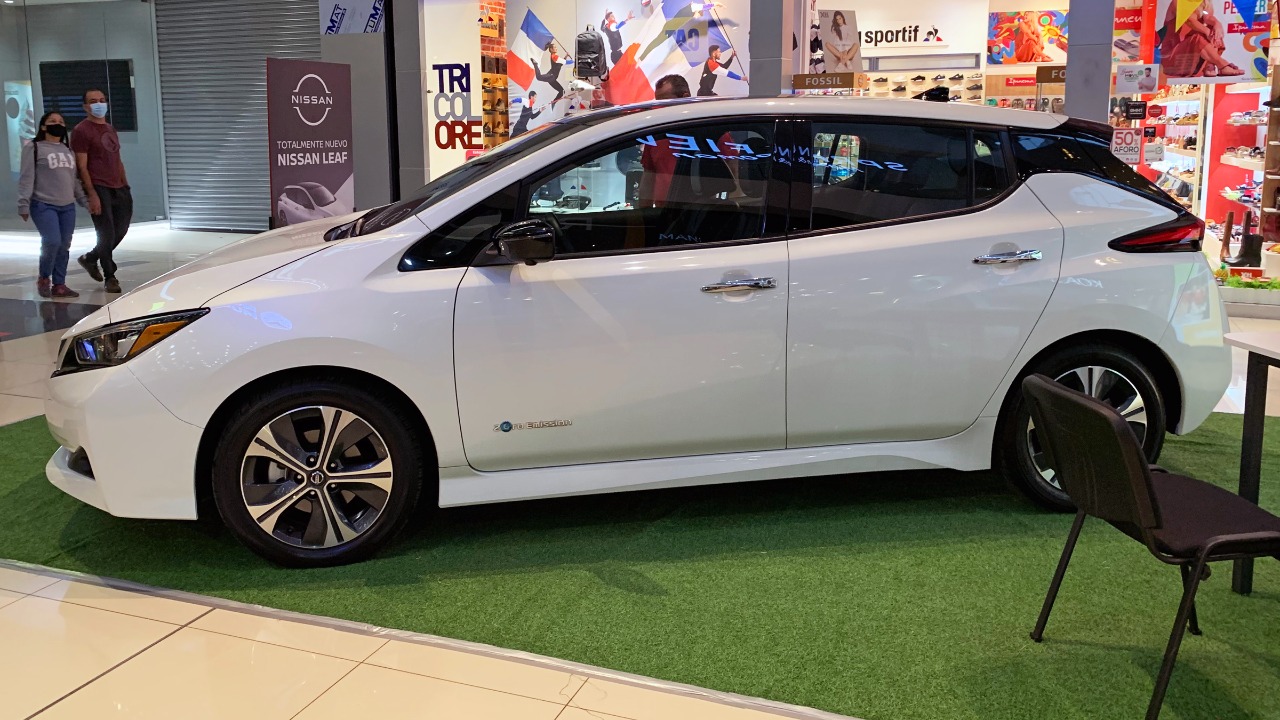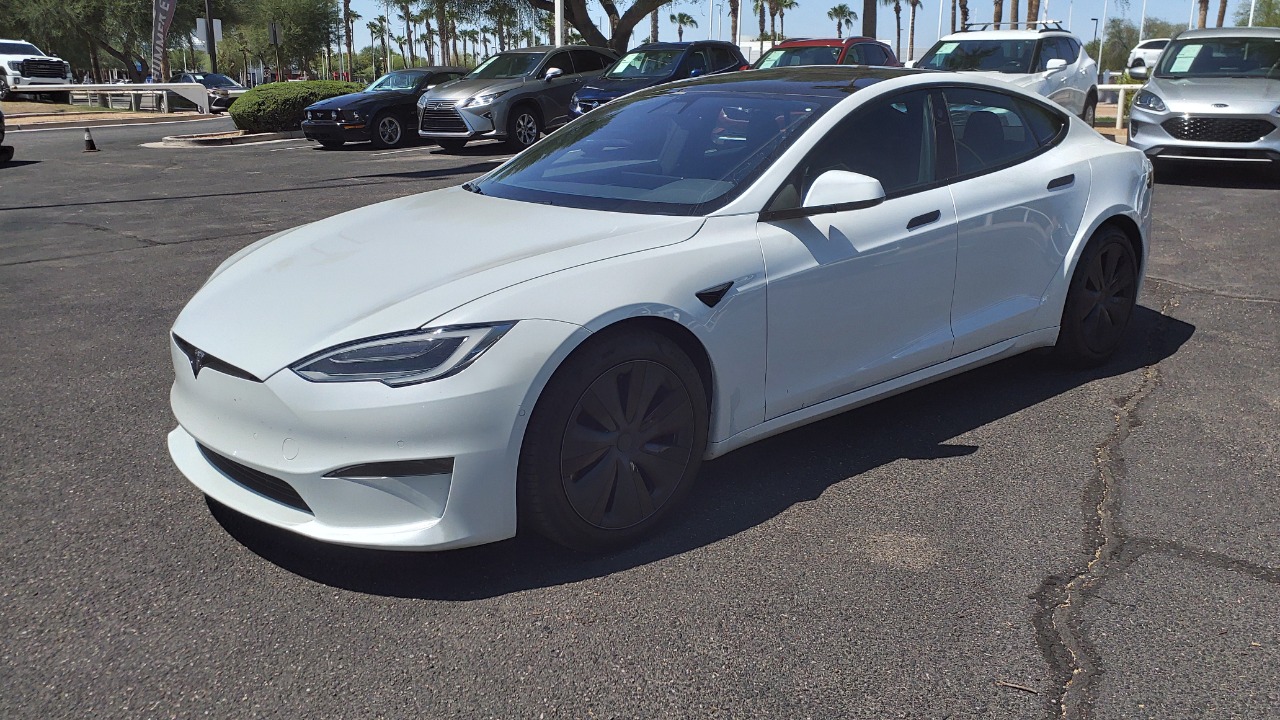
Recent allegations have surfaced accusing some automobile dealerships of selling electric vehicles (EVs) that were previously declared totaled. This practice raises significant concerns about consumer safety, transparency, and the integrity of the growing EV market. These accusations have profound implications for the industry and consumers alike, as they potentially undermine trust in EV sales and highlight the need for stricter regulations.
The Scope of the Problem

Allegations against several automobile dealerships have emerged, claiming these businesses are selling electric vehicles that were previously declared totaled. Some of these dealerships include local outlets and well-known regional chains. The issue seems to be widespread, affecting multiple states and involving a variety of EV models, from the popular Tesla Model 3 to the Nissan Leaf.
For unsuspecting buyers, the impact of purchasing a previously totaled vehicle can be severe. These cars may have underlying structural or electronic issues that compromise their safety and reliability. Consumers often pay near-market value for these vehicles, unaware of their damaged history, resulting in a significant financial loss and potential safety risks. Additionally, these practices could lead to legal consequences for the dealerships involved, including lawsuits from affected buyers and potential regulatory actions from state and federal agencies.
Understanding Totaled EVs

A vehicle is considered ‘totaled’ when the cost of repairs exceeds a certain percentage of its market value, typically around 70% to 80%. This designation means that the car is no longer deemed roadworthy or financially viable to repair. For electric vehicles, this process can differ from traditional cars due to the complexity of their battery systems and electronics. For instance, an EV may be deemed totaled simply due to damage to its battery pack, which can be prohibitively expensive to replace.
The challenge with totaled EVs lies in their repair and resale. Some businesses exploit loopholes in the system by purchasing these vehicles at auction, performing superficial repairs, and then reselling them without fully disclosing their history. The unique nature of EVs, with their sophisticated electronics and battery systems, makes it difficult for even experienced mechanics to assess their safety accurately. As a result, the resale of previously totaled EVs poses a significant risk to consumer safety.
The Role of Dealerships in the EV Market

Dealerships play a crucial role in the electric vehicle market, acting as the primary point of contact between consumers and manufacturers. Maintaining trust and transparency in these transactions is essential to ensure the continued growth and adoption of EVs. However, the pressure to meet the rising demand for electric vehicles can lead some dealerships to engage in unethical practices, such as reselling totaled vehicles without proper disclosure.
Comparatively, the sale of traditional automobiles has long been subject to similar issues, but the complexities of EVs can exacerbate these problems. Dealerships may be more likely to engage in these practices with EVs due to the higher profit margins and consumer interest in sustainable transportation. As the market continues to evolve, it becomes increasingly important for dealerships to maintain ethical practices and uphold consumer trust.
Consumer Protection and Advocacy

For consumers, protecting oneself from purchasing a previously totaled EV involves taking several proactive steps. One effective method is to obtain a comprehensive vehicle history report, which can reveal past accidents and insurance claims. Additionally, potential buyers should consider having a trusted mechanic or EV specialist inspect the vehicle before finalizing the purchase. This extra scrutiny can help identify any hidden issues that may not be immediately apparent.
Advocacy groups are also playing a vital role in safeguarding consumer interests. Organizations like the Consumer Federation of America are pushing for stricter regulations and greater transparency in the sale of electric vehicles. These groups are advocating for policy changes that require clearer labeling of a vehicle’s history and more stringent penalties for dealerships that engage in deceptive practices. Government and regulatory bodies are also responding to these concerns, with potential legislative measures being considered to address the issue and protect consumers.
Long-Term Implications for the EV Industry

The allegations against dealerships selling totaled EVs have significant long-term implications for the industry. As these stories become more widely known, they could negatively impact consumer confidence in electric vehicles, hindering their adoption and the broader push towards sustainable transportation. To counteract this, the industry must prioritize transparency and ethical practices to rebuild trust with consumers.
These issues may also prompt changes in the dealership model for selling EVs. As the industry evolves, there could be a shift towards direct-to-consumer sales, bypassing traditional dealerships altogether. This model, already adopted by companies like Tesla, could potentially reduce the risk of unethical practices and improve transparency in the sales process. As the EV market continues to grow, the need for improved standards and practices becomes increasingly apparent, ensuring that sustainability and ethics remain at the forefront of this rapidly expanding sector.
In summary, the allegations against dealerships selling totaled EVs underscore the need for greater vigilance and regulation in the electric vehicle market. As the industry continues to grow, maintaining consumer trust through transparency and ethical practices will be crucial to its long-term success. For those interested in learning more about how auto dealers might impact the EV market, this detailed analysis offers valuable insights. Additionally, ongoing discussions about the future of the EV market, including potential inventory challenges faced by companies like Ford, can be found in this Business Insider article. Finally, for a broader understanding of the challenges associated with EV batteries and their costs, this City News report provides an in-depth look at the financial implications of battery replacements.